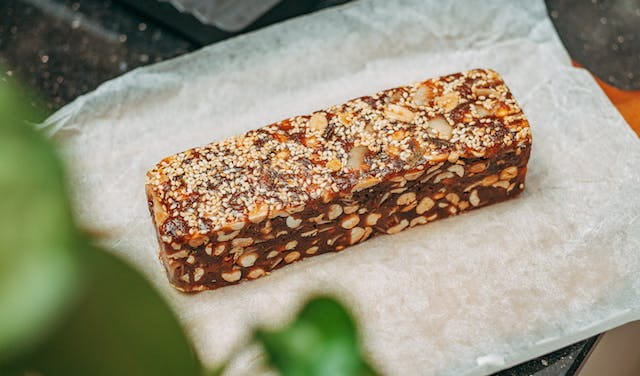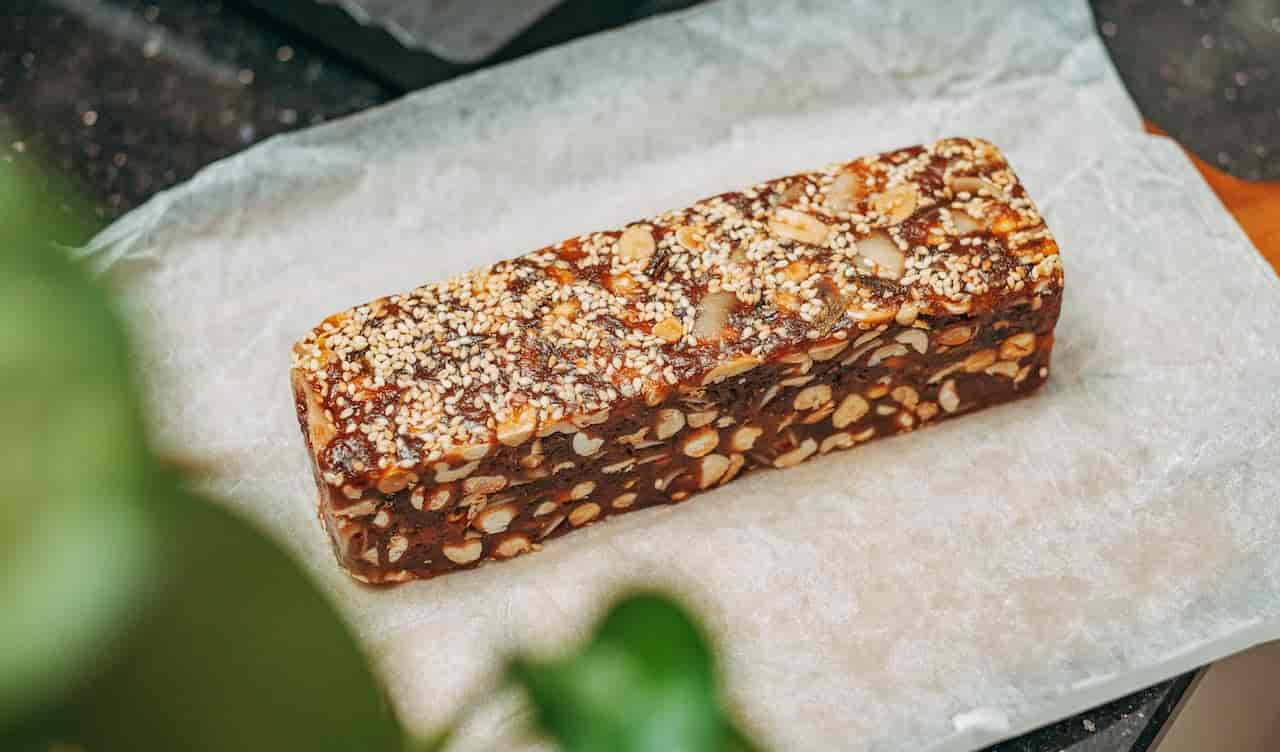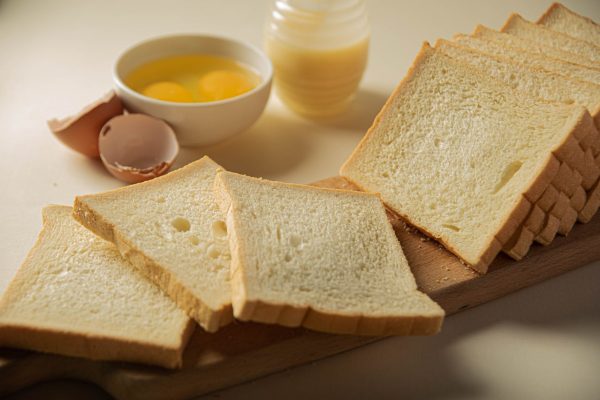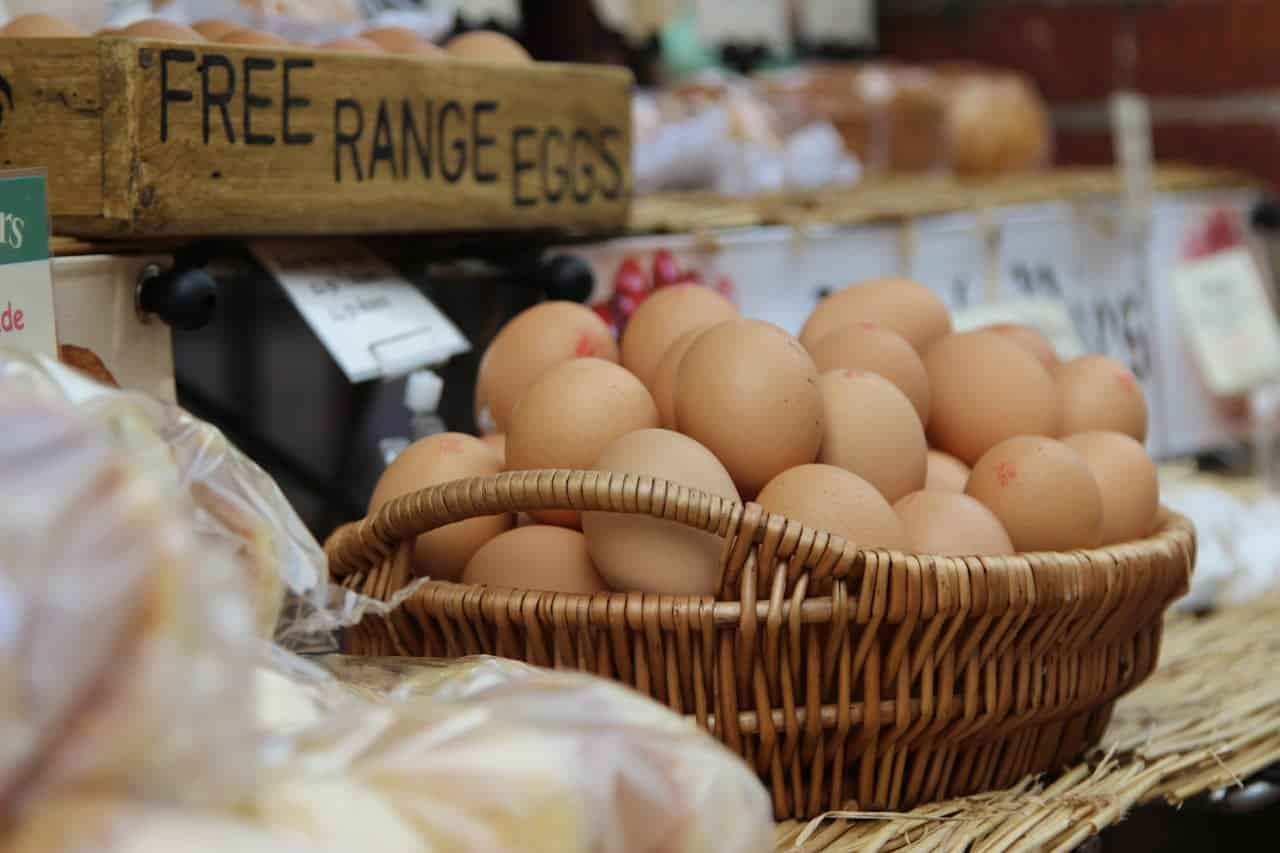Do you think you are eating healthy when you choose foods without fat and sugar from the supermarket shelves? And yet, this is not enough. We must be more careful and especially read the ingredients on the food packaging.
Foods such as frozen pizza, instant pasta, and chocolate are, predictably, unhealthy and belong to the category of super-processed foods. But foods that many consider healthy, such as wholemeal bread, bran flakes, and unsweetened yoghurt, are also in the super-processed category. Experts who took part in two studies in the United Kingdom warn that those who overconsume such foods are at risk of heart attacks and strokes.
What are super-processed foods?
Highly processed foods are those that have been significantly modified from their natural form, with ingredients such as preservatives or artificial flavors often added to increase their shelf life or make them more palatable.
Numerous studies have linked them to conditions and diseases such as obesity, diabetes, and cancer. With highly processed foods accounting for 57% of the average UK diet, the largest proportion in Europe, the health effects of overconsumption could be devastating.
Here are just five foods that people may not realize are so highly processed.
1. Are there any healthy cereals?
Sugary breakfast cereals are, predictably, not considered healthy. But even healthy ones are technically considered super-processed foods. Bran flakes sweetened with barley malt extract, sugar, and other additives not found in nature are considered super-processed.
For example, in the UK, cereals are fortified, which means that some of the additives introduced are to boost levels of nutrients that most people struggle to get. These include iron, which is necessary for the body to produce red blood cells that carry oxygen around the body, and vitamins, which are necessary for maintaining the health of the heart and nervous system.

2. Wholemeal bread
The humble supermarket loaf is technically a highly processed food. A homemade loaf is only considered processed, as it is usually made from only flour, water, and yeast.
But the ones on store shelves may contain additives, such as emulsifiers and preservatives, designed to extend their shelf life. Wholemeal breads are not without their health benefits, however, as they are rich in fiber. Fiber is a key component of good digestive health and is linked to a lower risk of heart disease, stroke, type 2 diabetes, and bowel cancer. They can also, like grains, be fortified with vitamins and minerals for added health benefits.
3. Yoghurt
Yogurt is considered a healthy source of protein, good for muscle maintenance, and calcium, an essential ingredient for bone health. But while natural yoghurt falls into the processed category, many of the ones on store shelves fall into the super-processed category.
Some have artificial substances designed to enhance their flavor, color, and taste. Others, advertised as low in sugar, add artificial sweeteners like aspartame to provide a guilt-free sweet treat. Many also contain stabilizers and preservatives, which are designed to keep them fresher for longer on supermarket shelves.
4. Fruit and protein bars
They are often packaged as a convenient, healthy, and guilt-free snack. But fruit and protein bars are among the most super-processed foods you can get. Fruit bars often contain dried fruit and starches that are already processed products.
Some also contain thickeners, acidity regulators, and preservatives as part of the manufacturing process. Protein bars are also packed with similar ingredients. These may include sweeteners, emulsifiers, preservatives, and food coloring.
5. Baked beans
Baked beans are a highly processed food. While they are legumes and considered a good source of protein and high in fiber, canned versions contain added salt and sugar.
These, when consumed in excess, can harm our health by contributing to high blood pressure and obesity. Pre-made baked beans may also contain added flavorings and flour as part of their recipe.


















